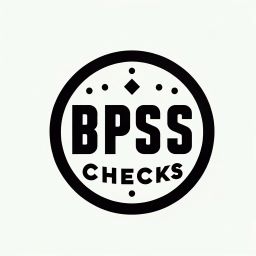
How do I get a Bpss clearance?
get a dbs check for an employee
Navigating the BPSS process can pose challenges, particularly when verifying identity and employment history manually. Delays often occur during manual verification processes, impacting the overall clearance timeline.
Compliance with BPSS checks is not only about adhering to legal requirements but also about ensuring the safety and security of governmental operations and sensitive information. Organizations that fail to properly conduct these checks risk breaches of security, financial penalties, and damage to reputation. Hence, BPSS checks are an essential aspect of security practices for entities associated with the UK government.
Your legal right to work in the UK is an essential aspect of BPSS clearance. One key consideration in this process is the disclosure of any unspent criminal records. Unspent criminal records refer to offenses that haven't yet been spent under the Rehabilitation of Offenders Act 1974. These records play an important role in the BPSS clearance process as they're thoroughly evaluated during background checks.



